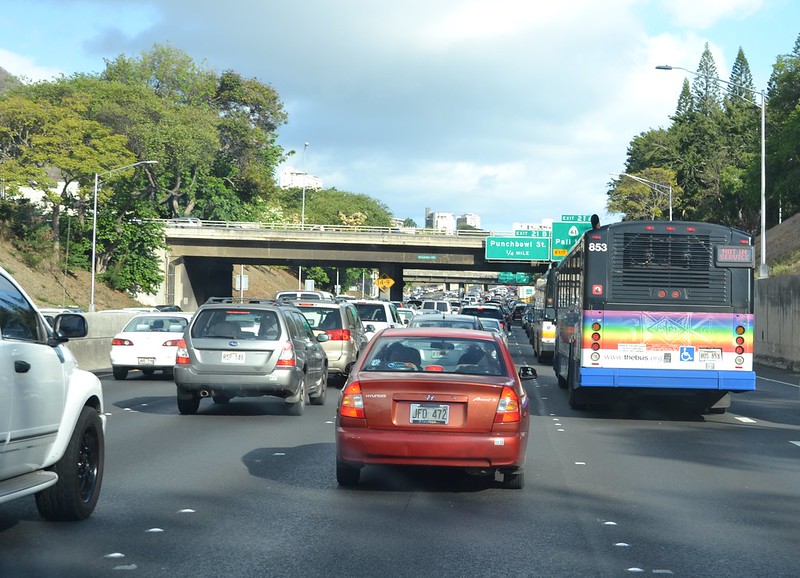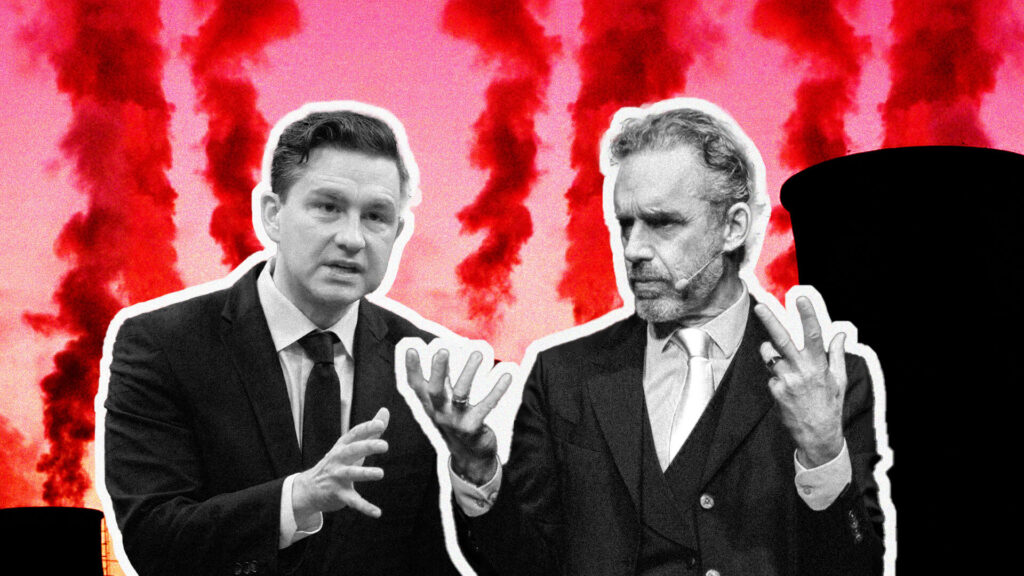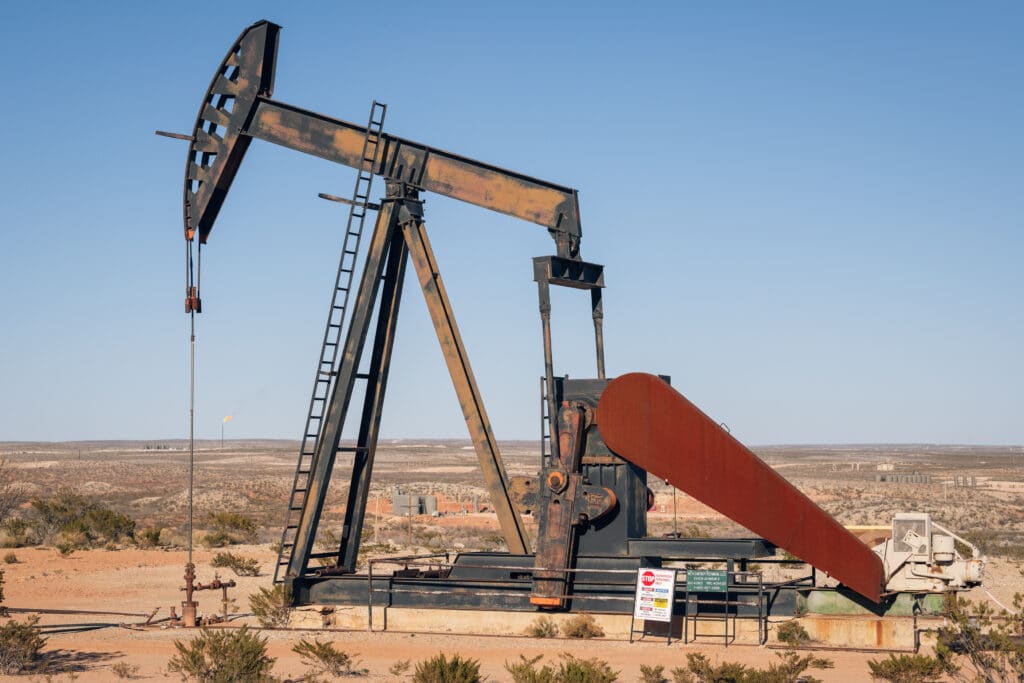A judge in Hawaii has cleared the way for a youth climate case challenging the state’s fossil fuel-dependent transportation system to proceed to trial. The case, which invokes the Hawaiian constitution’s environmental guarantees, will be the second climate trial based on constitutional claims in U.S. history, and the second one this year, when it goes to trial in September.
Judge Jeffrey Crabtree of Hawaii’s First Circuit Court denied the state’s bid to dismiss the youth-led case. In a ruling issued on April 6, he noted that the youth plaintiffs “allege nothing less than that they stand to inherit a world with severe climate change and the resulting damage to our natural resources.” The ruling comes after a January 26 hearing on the state’s motion to dismiss in which more than 100 supporters of the youth plaintiffs packed the courtroom and an overflow room.
“It is reassuring to have a court acknowledge our right to hold the Transportation Department accountable for their contribution to the climate crisis,” said 19 year-old plaintiff Kalālapa Winter, whose case is represented by nonprofit law firms Our Children’s Trust and Earthjustice. “I am excited to finally get to the substance of our claims.”
🚨HUGE NEWS: Youth plaintiffs in Hawai’i are headed to trial! Today, Judge Crabtree ruled in favor of 14 youth plaintiffs in Navahine F. v Hawaiʻi Department of Transportation, denying state’s attempt to prevent case from proceeding to trial! https://t.co/ATYFUUjuRn #YouthvGovHI pic.twitter.com/6ssJEJFmRP
— Our Children's Trust (@youthvgov) April 7, 2023
The lawsuit, Navahine F. v. Hawaiʻi Department of Transportation, is the first-ever constitutional climate case aimed at curbing carbon pollution from transportation systems. Winter is one of fourteen young Hawaiians who brought the case last June against the state of Hawaii, Governor David Ige, the Hawaii Department of Transportation (HDOT), and HDOT Director Jade Butay. By continuing to operate a fossil fuel-dependent transportation system resulting in high levels of greenhouse gas emissions, the case alleges, the defendants are contributing to dangerous climate change and violating the state’s constitutional obligations to protect Hawaii’s natural resources and to ensure the right to a clean and healthful environment for all citizens.
Transportation is the largest source of emissions in Hawaii, whose tropical islands see around 80 percent of commutes by car and have earned a reputation for traffic congestion. According to the youth complaint, citing data from the Hawaii Greenhouse Gas Emissions Report for 2017 issued in 2021, these emissions are expected to rise 41 percent this decade.
While Hawaii has enacted some of the most ambitious climate targets in the United States — including goals to reach both zero emissions and 100 percent renewable energy by 2045 — the state’s transportation department has not implemented measures aligned with these mandates or other laws addressing the state transport sector’s emissions, the case contends. The Department of Transportation has not coordinated with other agencies to implement Hawaii’s zero emissions target, nor has it planned for or supported alternative transportation options to limit emissions, such as vehicle electrification, increasing alternative transport fuels, and expanding public transport and bikeways, the lawsuit argues.
The Hawaii Department of Transportation did not respond to a request for comment on the case. But the state’s attorney general office, which will represent HDOT and the state in court, defended Hawaii’s climate actions.
“The Court’s ruling today merely allows the case to proceed past the pleading stage and does not decide the merits of the Plaintiffs’ allegations,” Hawaii Deputy Solicitor General Lauren Chun told DeSmog in an emailed statement. “The State of Hawaii stands behind its record as a national leader in climate change mitigation and adaptation, and the State will continue to pursue its ambitious climate goals.”
The Constitutional Right to a Clean Environment
The Hawaiian youth claim that the state has violated its legal duty to preserve the natural environment under the state constitution and the public trust, a legal doctrine requiring the government to protect certain resources for public enjoyment and benefit. Hawaii’s constitution explicitly recognizes this obligation with two provisions. One says the state must “conserve and protect Hawaii’s natural beauty and all natural resources, including land, water, air, minerals and energy sources” and do so “for the benefit of present and future generations.” Another provision guarantees “the right to a clean and healthful environment” and allows for enforcement of the right through legal means. The Hawaii Supreme Court has recognized, including in a ruling just last month, that this right includes the right to a “life-sustaining climate system.”
A federal judge in Oregon has also affirmed this fundamental right to a stable climate. “I have no doubt that the right to a climate system capable of sustaining human life is fundamental to a free and ordered society,” U.S. District Judge Ann Aiken wrote in a 2016 order in the federal youth constitutional climate case Juliana v. United States. Such a right is not, however, expressly recognized in U.S. law, and only a handful of states have included the right to a clean and healthful environment in their constitutions. Hawaii is one of them. Montana also has this constitutional right, which youth plaintiffs will soon be testing as their climate case goes to trial this June.
While other youth-led climate cases at the state level have so far failed to proceed to trial, the cases in Montana and now Hawaii will make history as the first youth-led constitutional climate trials ever to be held in the United States. The fact that climate trials are advancing in these two states that both have constitutional guarantees to a clean and healthful environment might not be a coincidence.
“Having an express right to a clean environment in the state constitution seems to make all the difference,” Michael Gerrard, the founder and faculty director of the Sabin Center for Climate Change Law at Columbia Law School, told DeSmog. “Our Children’s Trust has brought more than 20 [youth climate] suits, but these will be the first to go to trial. It’s much more persuasive when the plaintiffs can point to explicit language in the state constitution and don’t have to ask the court to infer a constitutional right.”
The trial in the Hawaii case is slated to start on September 26 of this year.
The stakes for climate trials like these are not just philosophical. Kaliko T., one of the younger plaintiffs in the lawsuit, already has felt firsthand the effects of a destabilizing climate. In 2018, Tropical Storm Olivia’s heavy rainfall caused flash flooding that destroyed her family’s home, an extreme weather occurrence expected to become increasingly common in Hawaii under climate change projections.
“I am glad that my story is helping to advance climate action in Hawaiʻi. I don’t want anyone else to suffer the way I and my family have,” she said in a statement.
Subscribe to our newsletter
Stay up to date with DeSmog news and alerts







